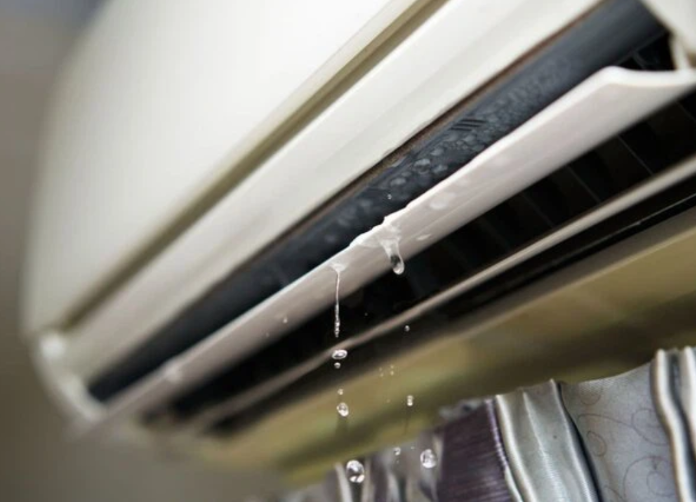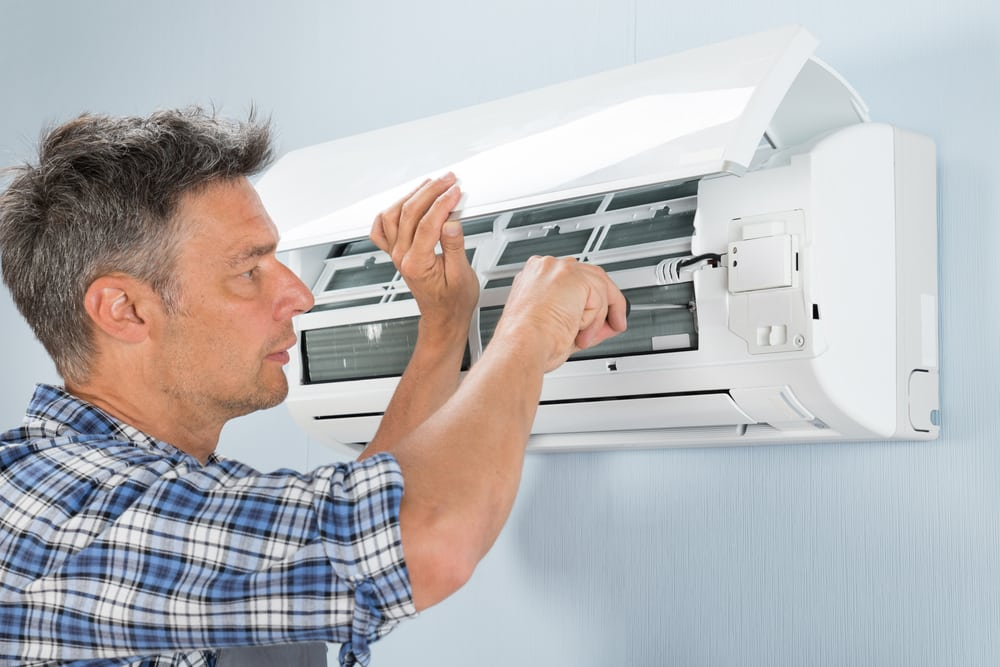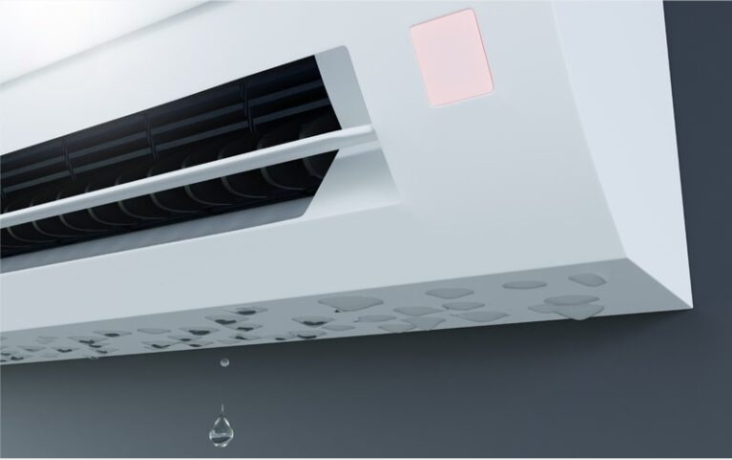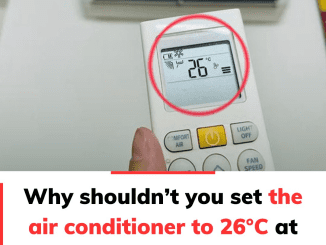Finding water pooling under your air conditioner can be alarming. Not only can this signal a problem with the unit, but it can also lead to damage in your home. Air conditioner water leaks are more common than you might think and usually result from a few key issues, ranging from a dirty unit to a low refrigerant level. In this article, we’ll explore the top causes of air conditioner water leaks and share practical solutions to help you address the problem effectively.
1. Dirty Air Conditioner: A Common Culprit

A dirty air conditioner is one of the most frequent reasons for water leakage. Over time, dust and grime accumulate on the indoor unit, which can obstruct the airflow and hinder the unit’s ability to cool effectively. When the coils become clogged with dirt, they can freeze over. As the ice melts, water drips from the unit instead of draining properly, leading to leaks.
How to Fix It
To prevent this issue, regularly clean your air conditioner. Check and clean the air filters every month, especially during the peak cooling season, and schedule professional maintenance at least once a year to ensure the internal components remain free of debris.
2. Clogged or Broken Drain Pipe
The drain pipe is responsible for directing water away from your air conditioner and out of your home. Over time, this pipe can become clogged with dust, insects, or foreign objects, which prevents proper drainage. In some cases, the buildup can be so severe that it causes the pipe to crack or break, leading to water leakage.
How to Fix It
To address a clogged drain pipe, try using a wet/dry vacuum to remove the debris blocking the pipe. If the pipe is cracked or broken, you’ll need to replace it with a new one. It’s also a good idea to have a technician inspect the pipe during your regular AC maintenance checks to ensure it’s free of blockages.
3. Installation Errors
Improper installation can also lead to air conditioner water leaks. If the technician didn’t create a proper slope for the water tray during installation, water may flow back into the indoor unit rather than draining outside. This can result in persistent leaks and even damage to your home over time.
How to Fix It
If you suspect an installation error is causing your leak, contact a certified technician. They can assess the installation and make the necessary adjustments, such as reinstalling the water tray with the proper slope, to ensure efficient drainage.
4. Damaged Indoor Unit Fan
The fan inside the air conditioner plays a critical role in keeping the evaporator coil from freezing. If this fan becomes damaged, it can lead to ice buildup on the coil. When the ice melts, it drips from the unit instead of draining through the proper channels, which causes water leakage.
How to Fix It
If you notice that your indoor unit is freezing up, turn off the air conditioner and call a technician. They can inspect the fan for damage and replace it if necessary. Regular maintenance can help detect issues with the fan early on, reducing the risk of leaks due to freezing.
5. Low Refrigerant Levels
Refrigerant is essential for the cooling process in your air conditioner. When the refrigerant level is too low, it causes the evaporator coil to get too cold and freeze. As with a damaged fan, when the ice melts, water drips from the unit, leading to a leak. Low refrigerant is often accompanied by other symptoms, such as reduced cooling capacity and strange hissing noises.
How to Fix It

If you suspect low refrigerant levels, call a professional technician. They can check for leaks, refill the refrigerant, and ensure the system is working efficiently. Attempting to refill refrigerant yourself is not recommended, as it requires specialized tools and knowledge.
Steps to Clean Your Air Conditioner and Prevent Leaks
Keeping your air conditioner clean is key to preventing leaks and ensuring optimal performance. Here’s a step-by-step guide on how to clean your unit safely and effectively:
Step 1: Turn Off the Power
Before starting any cleaning, turn off the power to the air conditioner. Place a basin or container under the indoor unit to catch any water or dirt that may fall during the cleaning process.
Step 2: Remove and Clean the Air Filters
Open the cover of the indoor unit and carefully remove the air filters. Soak them in water and use a soft brush or cloth to remove any dirt and debris. Allow the filters to dry completely before putting them back in the unit.
Step 3: Clean the Fan and Core
Using a damp cloth, gently wipe down the fan and the core (also known as the evaporator coil) to remove any dust buildup. Be cautious and avoid using excessive force, as this could damage the delicate parts of the unit.
Step 4: Dry All Parts and Reassemble

Once everything is clean, use a dry cloth to wipe down all the components. Reassemble the unit by placing the air filters back in their original positions and closing the cover.
Step 5: Test the Unit
After reassembling, turn the power back on and let the air conditioner run for a few minutes. This will help any remaining water drain out and allow you to check that the unit is functioning properly.
When to Call a Technician for Air Conditioner Leaks
While regular cleaning and basic troubleshooting can resolve many air conditioner leaks, certain situations call for professional help. Contact a technician if you experience any of the following:

- Persistent Water Leaks: If water leaks continue even after cleaning and basic maintenance, there may be an underlying issue with the unit that requires professional attention.
- Unusual Noises or Odors: Strange sounds or smells can indicate internal damage or mold growth, which could be contributing to water leaks.
- Frequent Freezing of the Indoor Unit: If the indoor unit frequently freezes over, this could signal a problem with the refrigerant level or fan, both of which should be inspected by a technician.
Conclusion: Preventing and Fixing Air Conditioner Leaks
Air conditioner leaks are not only inconvenient but can also signal underlying issues with the unit. The good news is that regular maintenance, including cleaning and inspecting for common causes, can help prevent many of these problems. By staying on top of routine maintenance and addressing leaks as soon as they arise, you can extend the life of your air conditioner and keep it running efficiently through the hot months.
Remember, while some troubleshooting can be done on your own, don’t hesitate to call a professional technician if you encounter persistent issues. They have the tools and expertise needed to identify and fix complex problems, ensuring your air conditioner remains a reliable source of comfort all season long.


